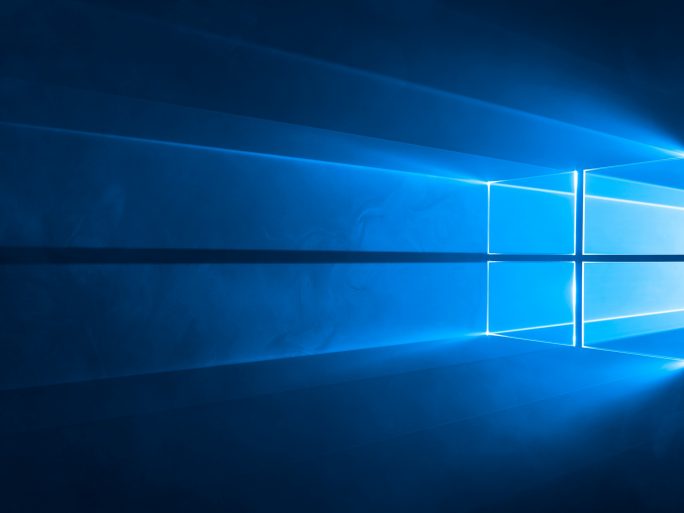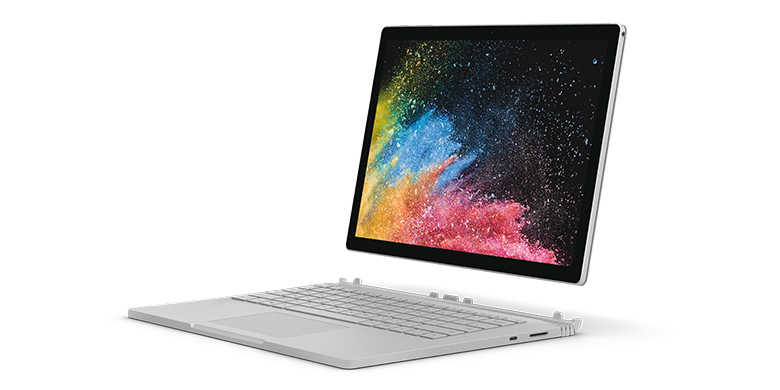Microsoft Set To Pull Plug On Books Purchased From Microsoft Store

As it pulls out of e-book sales, the company is to remove access to all books aquired from the Microsoft Store over the past two years
Microsoft Store customers are set to lose access this month to books purchased or otherwise acquired from the Microsoft Store after the firm pulled out of e-book sales.
Microsoft said users would receive refunds for any e-books they had purchased, including an additional $25 (£20) for users who had made annotations in their e-books, since those annotations will also be lost.
Users will also lose access to free e-books they had acquired from the store.
Microsoft did not immediately respond to a request for comment on exactly when it plans to delete customers’ books, but said it would do so when it begins processing refunds.

‘The books will stop working’
In April, when the company first alerted users it was planning to shutter the books category of the Microsoft Store, Microsoft said it planned to begin the refund process in early July.
“You’ll be able to read your books until early July 2019 when Microsoft processes the refunds,” Microsoft said in a support document at the time.
Some users on social media said they were disturbed at the idea that a third party could so easily remove access to a library of books they had purchased.
“‘The books will stop working.’ I keep saying it and it sounds worse each time,” wrote game designer Rob Donoghue on Twitter.
Other users said the move recalled an incident in 2009 when Amazon removed copies of purchased books from users’ readers after finding it had sold more copies than it was licensed to.
DRM controversy
The book in question, ironically, was George Orwell’s 1984, which features an oppressive regime whose Ministry of Truth routinely alters documents from the past so that they reflect current policies.
Campaigners noted that firms are able to remove users’ access to e-books and other media they have purchased online due to the digital rights management (DRM) tools routinely employed to stop copies from being made.
“Technical controls through DRM are said to reduce unauthorised copying, but what they are really for is putting Amazon or Microsoft in charge of the e-book ecosystem,” Jim Killock, executive director of the Open Rights Group, told the BBC.
The campaign group Defective By Design maintains a list of sources from which users can legally purchase DRM-free e-books, as well as obtaining free e-books that don’t use DRM.
Microsoft launched its most recent e-books offering in 2017, but previously sold books in 2000 and 2012 in two separate tie-ups with US bookseller Barnes & Noble.
Microsoft had sought to make its Surface devices a popular way of reading e-books, in a market dominated by Amazon’s Kindle.